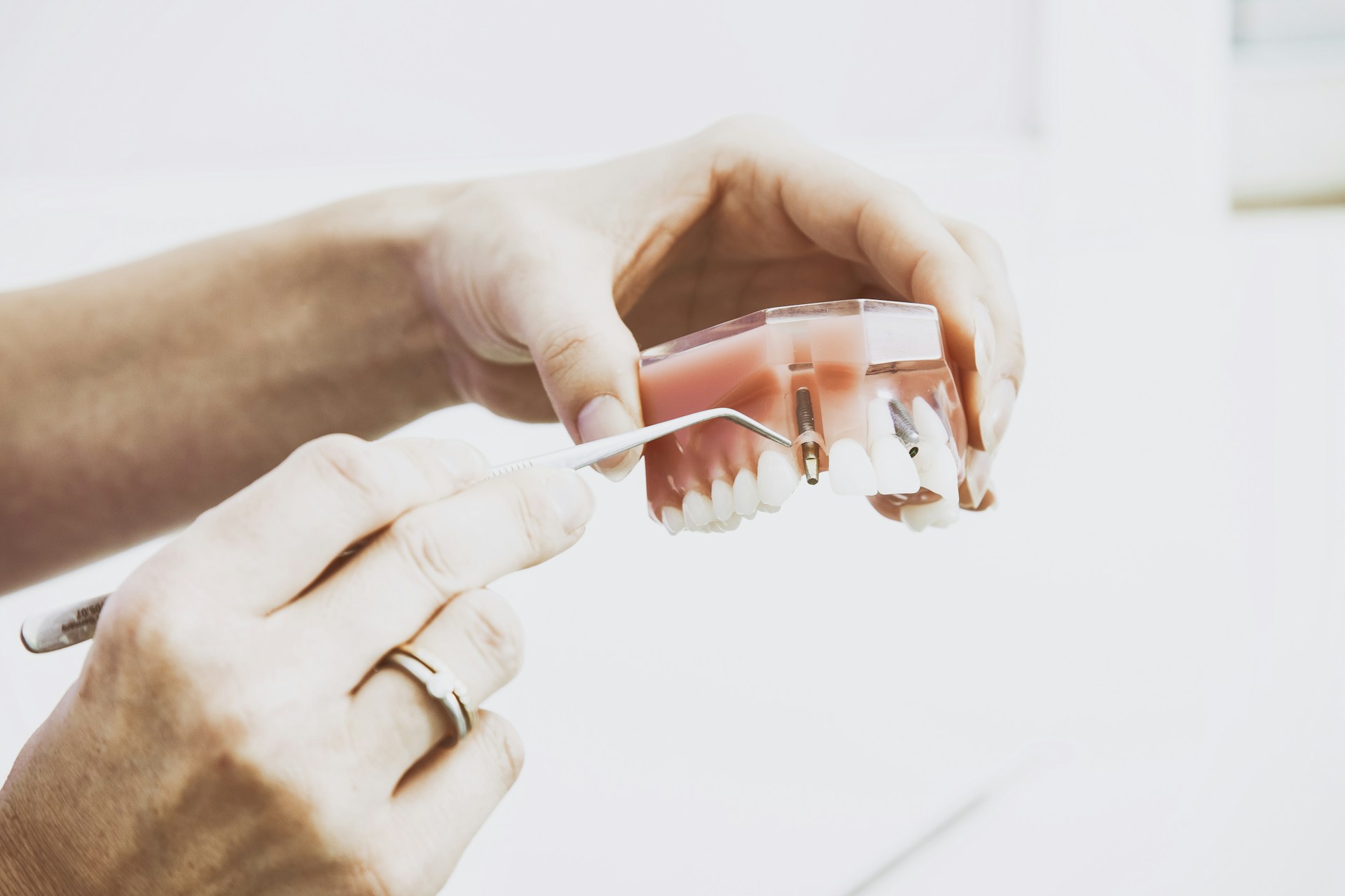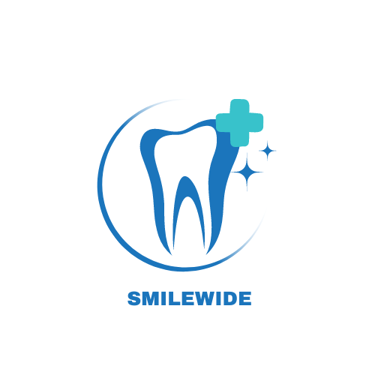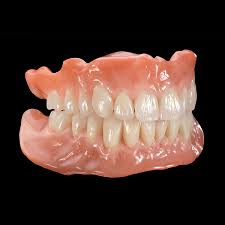SMILE- It costs nothing !!!
Benefits of Custom-Fitted Conventional Dentures
Discover how conventional dentures can restore your smile and confidence. Custom-fitted for ultimate comfort, these dentures enhance your appearance and improve functionality. Explore your options today for a brighter future!
4/16/20252 min read
Conventional Dentures: A Complete Guide
When it comes to replacing missing teeth, dentures are one of the most time-tested solutions. Among the types available, conventional dentures remain a popular and widely used option.
In this guide, we’ll explore conventional dentures, how they compare with immediate dentures, and the differences between conventional complete dentures, conventional fixed partial dentures, and conventional immediate dentures.
What Are Conventional Dentures?
Conventional dentures are removable dental prosthetics made after the teeth have been removed and the gum tissue has begun to heal.
Unlike immediate dentures, which are placed immediately after tooth extraction, conventional dentures are typically fitted after 8 to 12 weeks of healing.
Conventional Dentures vs Immediate Dentures
Understanding the difference between conventional dentures vs immediate dentures is crucial when deciding on the best treatment.
Feature
Conventional Dentures
Placed after healing (8-12 weeks)
Better fit due to healed gums
Natural look and feel
Gums heal before denture fitting
Slightly more affordable
Immediate Dentures
Placed immediately after extraction
May need adjustments over time
Instant tooth replacement
Dentures fitted before gums heal
Often cost more due to multiple
In summary, conventional dentures vs immediate dentures is a question of timing, fit, and comfort.
While conventional dentures may take longer to get, they often offer a better, longer-lasting fit.
Types of Conventional Dentures
1. Conventional Complete Denture
A conventional complete denture is used when all the natural teeth are missing in either the upper or lower jaw.
These dentures rest directly on the gums and are custom-made after healing from tooth extraction.
Benefits of Conventional Complete Denture:
Natural-looking replacement for all teeth
Restores chewing and speaking ability
Designed to fit the contours of healed gums
Related : Dental bridge
2. Conventional Fixed Partial Denture
Also known as a dental bridge, the conventional fixed partial denture is used when some natural teeth remain.
This type of denture is permanently attached using crowns on adjacent teeth.
Advantages of Conventional Fixed Partial Denture:
Non-removable and stable
Aesthetically pleasing
Preserves natural tooth alignment
If you're deciding between removable and fixed options, conventional fixed partial denture is a strong choice for patients who desire a secure and long-term solution.
3. Conventional Immediate Denture
Despite the name, a conventional immediate denture combines aspects of both traditional and immediate dentures.
These are pre-made dentures inserted immediately after extraction but later replaced or relined with a final conventional denture once the gums have healed.
Related : Front teeth veneers vs crowns
Why Choose a Conventional Immediate Denture?
Prevents going without teeth during healing
Provides immediate aesthetics and function
Serves as a temporary option before final conventional complete denture
Pros and Cons of Conventional Dentures
Pros:
Custom fit after gum healing
Better long-term comfort than immediate options
More cost-effective than implants or bridges
Durable and long-lasting
Cons:
Requires 2–3 months of healing before fitting
Temporary toothlessness (unless opting for conventional immediate denture)
May need occasional relining or rebasing
FAQs About Conventional Dentures
1. Are conventional dentures better than immediate dentures?
It depends on your needs. If comfort and long-term fit matter more, conventional dentures are ideal.
If you want instant tooth replacement, immediate dentures may be better initially.
2. What’s the difference between conventional complete denture and partial denture?
A conventional complete denture replaces all teeth in one arch, while a conventional fixed partial denture replaces only a few missing teeth and is supported by existing teeth.
3. How long do conventional dentures last?
With proper care, conventional dentures can last 5 to 10 years or more.
Whether you're looking for a conventional complete denture, a conventional fixed partial denture, or a conventional immediate denture, consulting your dentist is the best first step.
Ultimately, conventional dentures remain a reliable, customizable, and cost-effective solution for restoring your smile and quality of life.

Contact Smiles
drdeepi15@gmail.com
Dr. Deepika B.D.S
© 2025 SmileWide Dental. All Rights Reserved.
Have doubts ..?


